Agora is professional reading journal for History teachers. Each issue provides perspectives on a particular theme, from curriculum-focused content to pedagogical practice, along with teaching strategies, classroom activities and educational resources addressing the broader History curriculum.
Reflection
Editorial
Australian History Is Contested • Declining enrolment numbers are attributed to Australian History being ‘boring’ when in fact its controversial nature requires a curriculum with nuance and complexity.
Who ‘Owns’ the Eureka Flag? • While the political left has traditionally claimed the legacy of the Eureka Rebellion, the political right is increasingly appropriating this narrative to protest against government powers.
Charles La Trobe and the Kulin: ‘Protection’ or Exile from Country? • Documents reveal tensions in Port Phillip over La Trobe’s intentions to carry out his duty to protect First Nations people by forcing them from Melbourne.
The Contested Nature of Dual-Naming in Australia • Acknowledging original Indigenous names can legitimise the deep history of a place, but the act of renaming is tokenistic if renaming is itself an end.
The Early Critics of a ‘White Australia’ • Although there was majority support for the newly federated Australia to adopt a policy based on race, it is important to realise that there were also strong critics.
How Religion Shaped Australia • Australia is often said to be a secular nation, but the nation’s relationship with religion is more complicated than that.
Righting History: Monument Avenue, Richmond, Virginia • The Monument Avenue Commission’s report into Richmond’s Confederate statues, and the subsequent flashpoint between neo-Confederate and Black Lives Matter protestors, provide a great case study for teaching current controversies around memorials and commemoration.
Race Consciousness and the Teaching of American History • In an era of intense political polarisation, teaching American History has become more complex and challenging than ever before.
Decolonising the Curriculum: A Canadian Perspective • Canadian provinces are revising the curriculum as the nation confronts its history of Indigenous genocide in residential schools.
The Discomfort of the New Idea: Contested Histories and Cognitive Dissonance • An unexpectedly fiery podcast about the Industrial Revolution shows that ‘diverse interpretations’ occur in all kinds of histories.
Facilitating Respectful Classroom Dialogue for Contested Histories • Preparation and dialogue protocols can support classroom discussions of contested histories that are inclusive rather than adversarial.
Dark Emu: Investigating a Controversy in the History Classroom • Dark Emu has been accused of being misleading in its use of evidence. This classroom activity will help students explore the controversy by investigating how primary sources have been used in the book.
Dark Emu Overcomes Barriers to the Meaningful Teaching of Ancient Australia • Many teachers feel ill-equipped to teach First Nations history in detail, but Dark Emu provides a fantastic base to navigate this space.
Aboriginal Artworks and Cultural Objects as Primary Sources • Object-based learning can provide students with opportunities to ask questions that provide a deeper connection to the contested nature of First Nations history.
Decolonising a Library: Our Experience • What decisions need to be made when ensuring the books in your school’s library reflect current knowledge and do not perpetuate stereotypes and racism?
How Students Use Social Media When Learning About History • Interviews with Year 7–10 Humanities students reveal the extent to which they get and interrogate their newsfeed to make sense of history and the world...

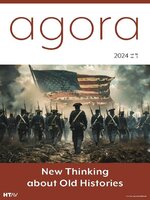 Vol 59 No 3 2024
Vol 59 No 3 2024
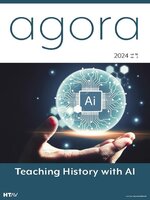 Vol 59 No 2 2024
Vol 59 No 2 2024
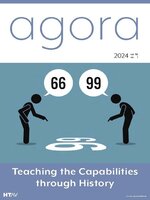 Vol 59 No 1 2024
Vol 59 No 1 2024
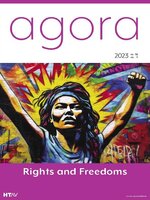 Vol. 58 no. 3 2023
Vol. 58 no. 3 2023
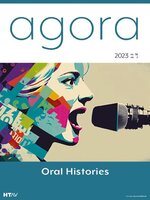 Vol. 58 no. 2 2023
Vol. 58 no. 2 2023
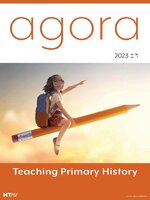 Vol. 58 no. 1 2023
Vol. 58 no. 1 2023
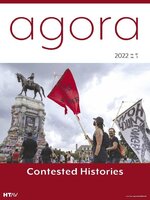 Vol. 57 no. 3 2022
Vol. 57 no. 3 2022
 Vol. 57 no. 2 2022
Vol. 57 no. 2 2022
 Vol. 57 no. 1 2022
Vol. 57 no. 1 2022
 Vol. 56 no. 3 2021
Vol. 56 no. 3 2021
 Vol. 56 no. 2 2021
Vol. 56 no. 2 2021
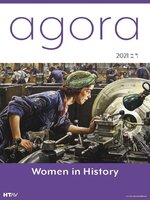 Vol. 56 no. 1 2021
Vol. 56 no. 1 2021
